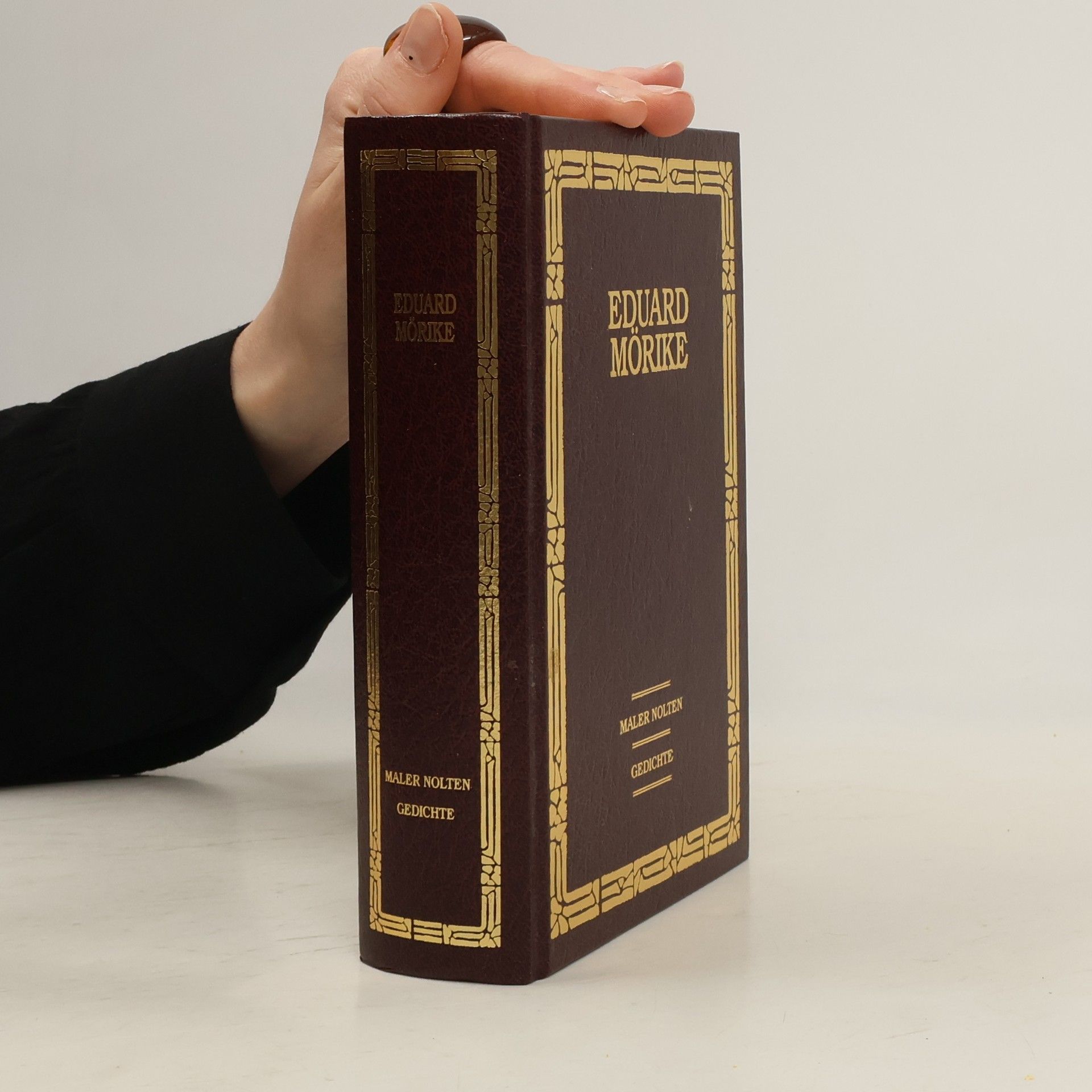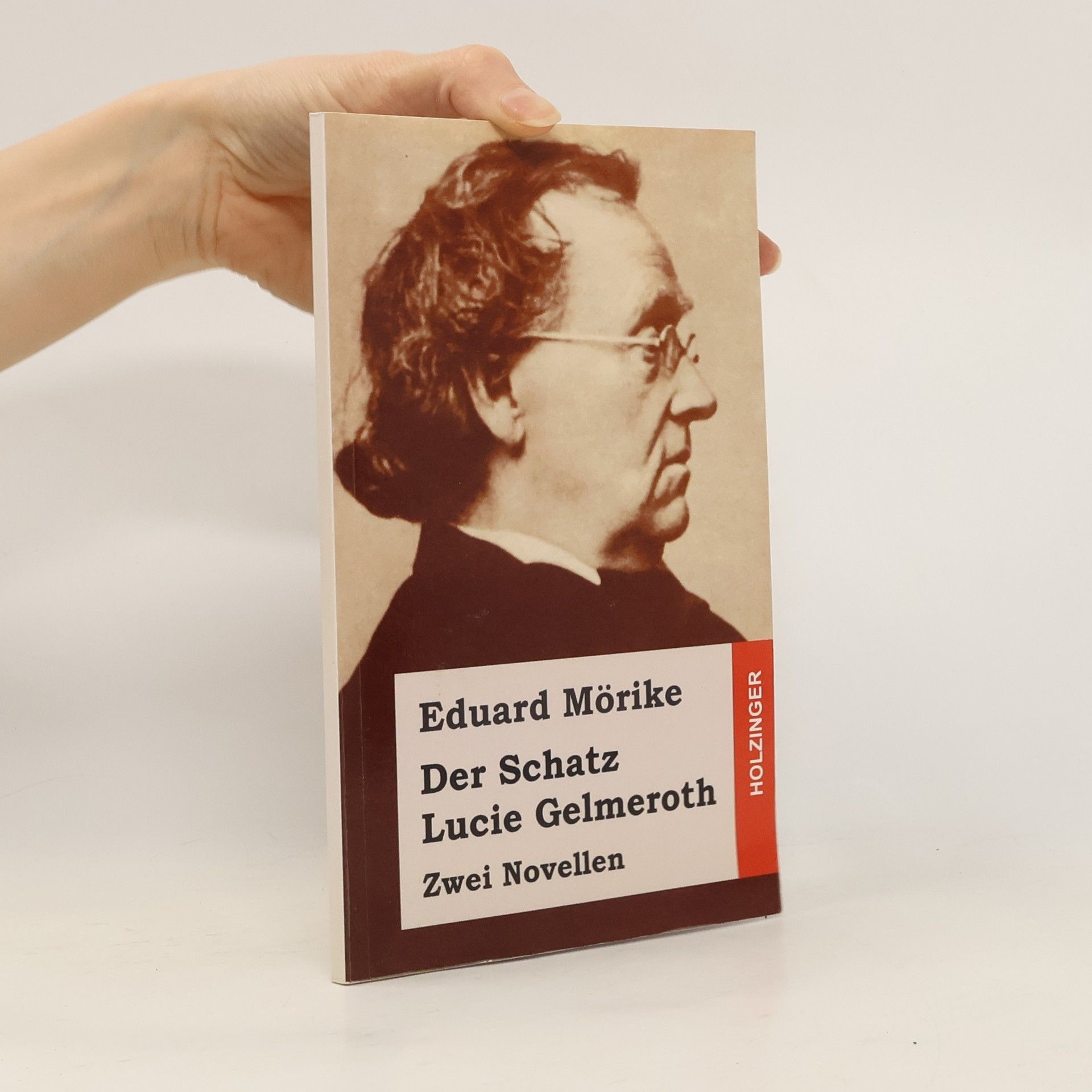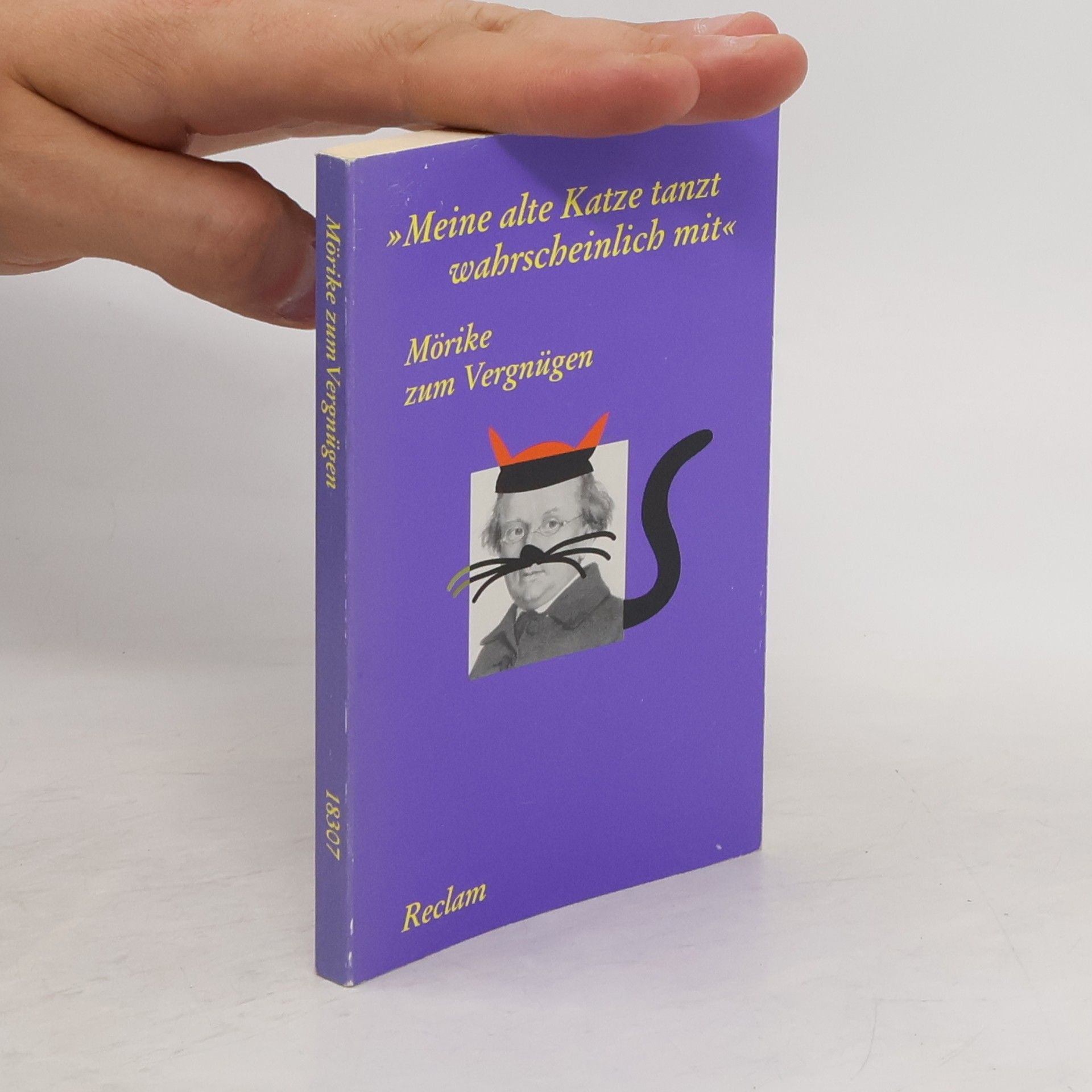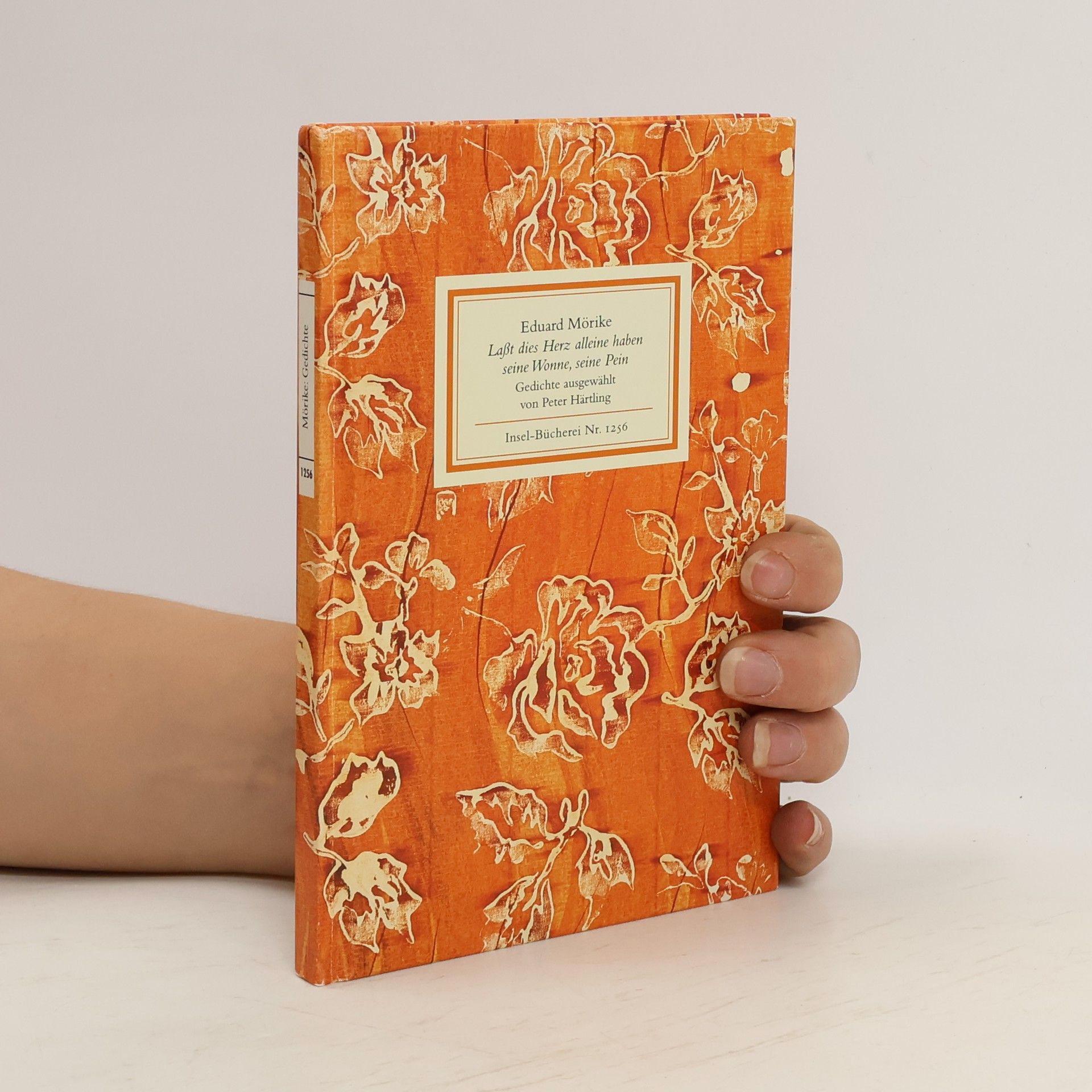Eduard Mörike Libri
Eduard Mörike fu un poeta e romanziere romantico tedesco, noto per i suoi contributi all'epoca Biedermeier. La sua poesia lirica, spesso umoristica, è caratterizzata da un linguaggio semplice e naturale, e le sue canzoni si distinguono per la forma tradizionale, attirando paragoni con l'opera di Goethe. Scrisse anche opere in prosa, inclusi romanzi e novelle, che esplorano le sfide affrontate dagli artisti in un mondo poco accogliente per l'arte. Rispettate per la loro musicalità e qualità senza tempo, le opere di Mörike offrono una voce distintiva nella letteratura tedesca.

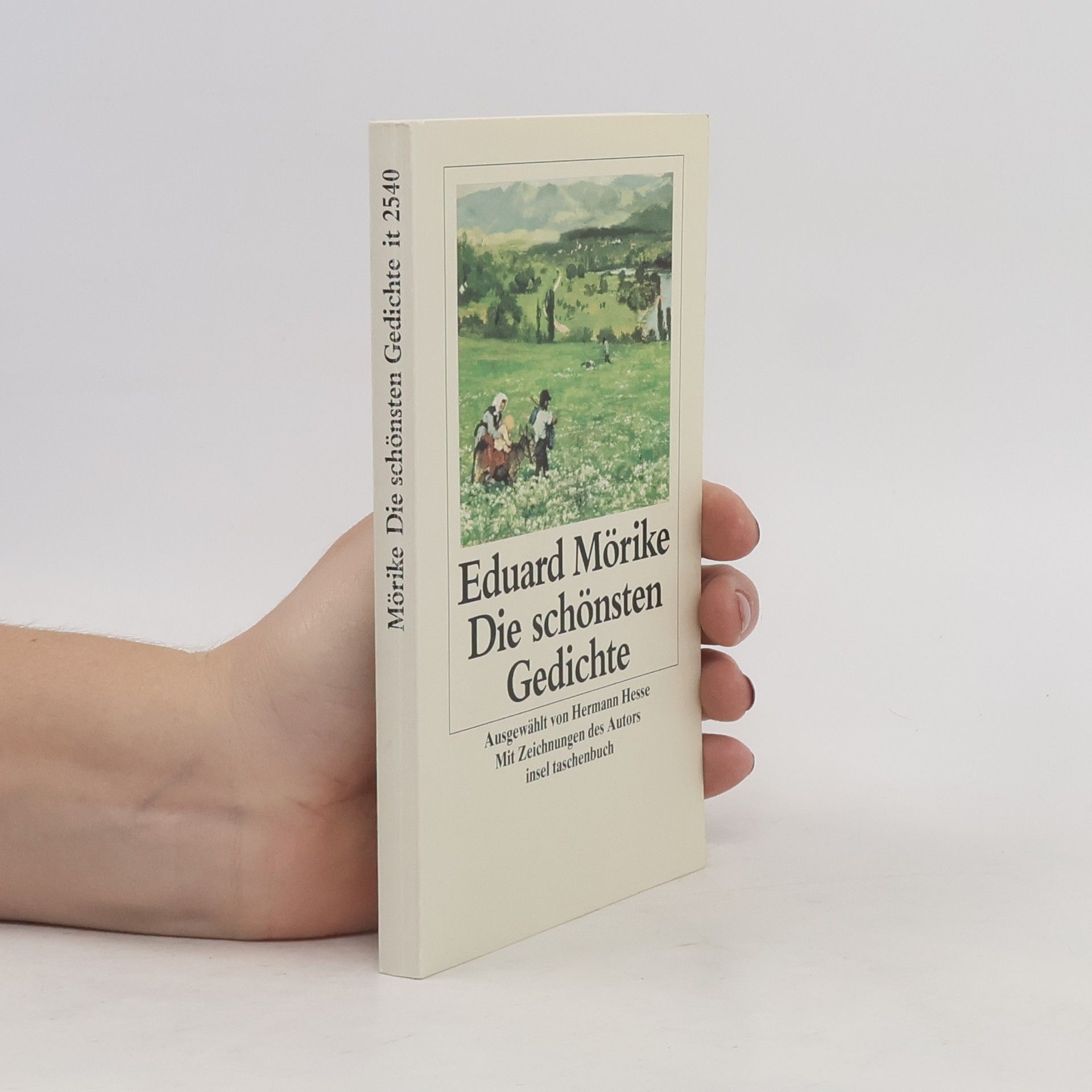

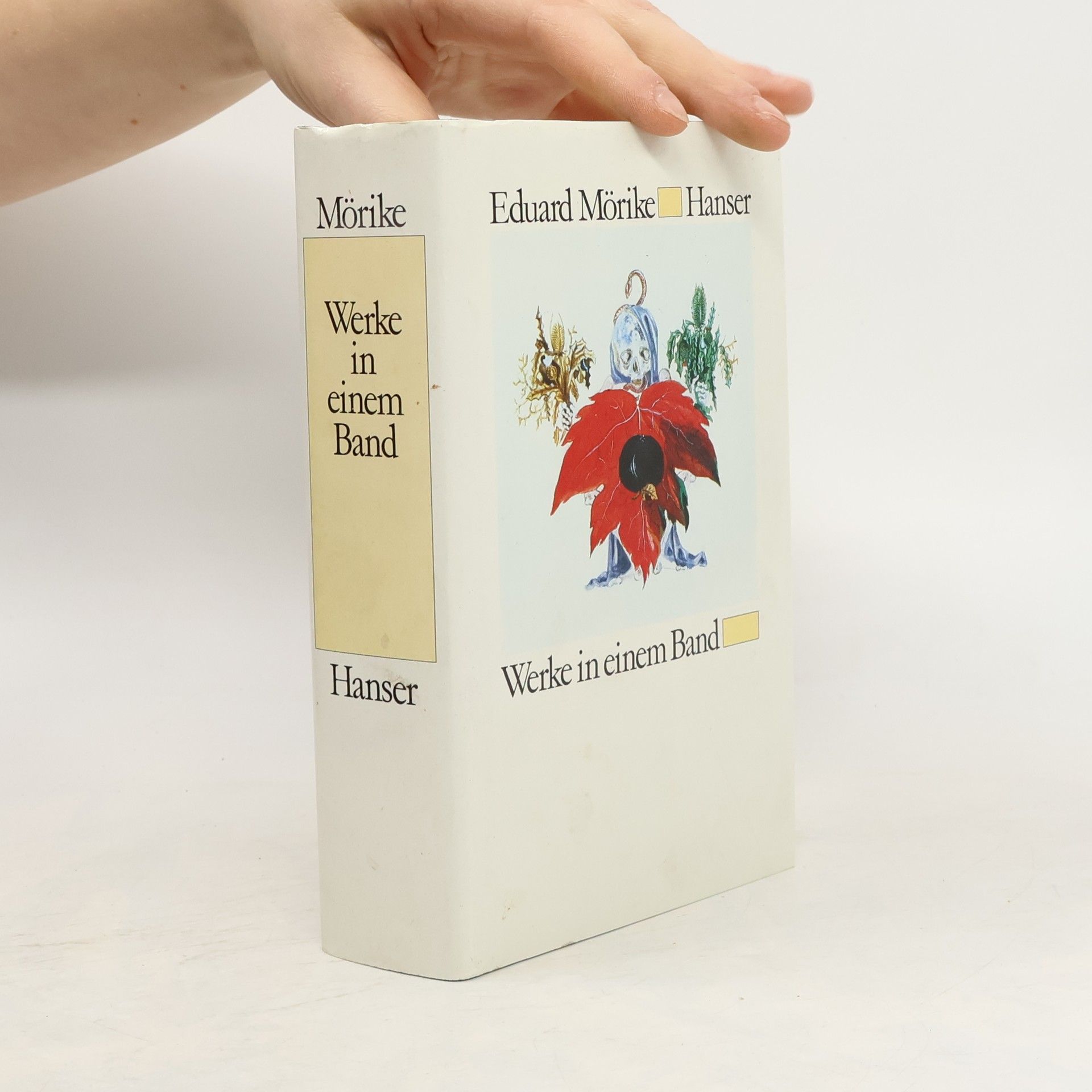
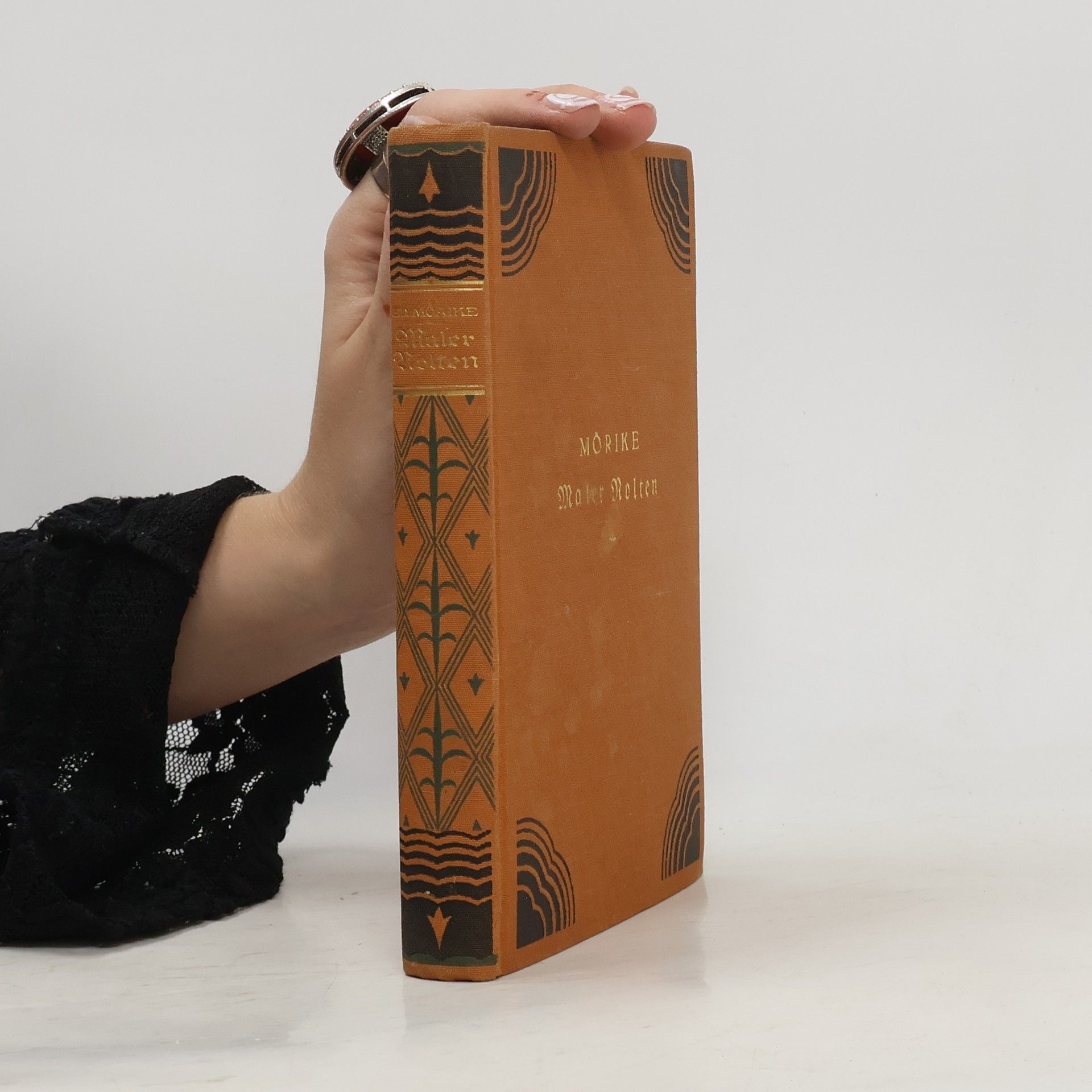
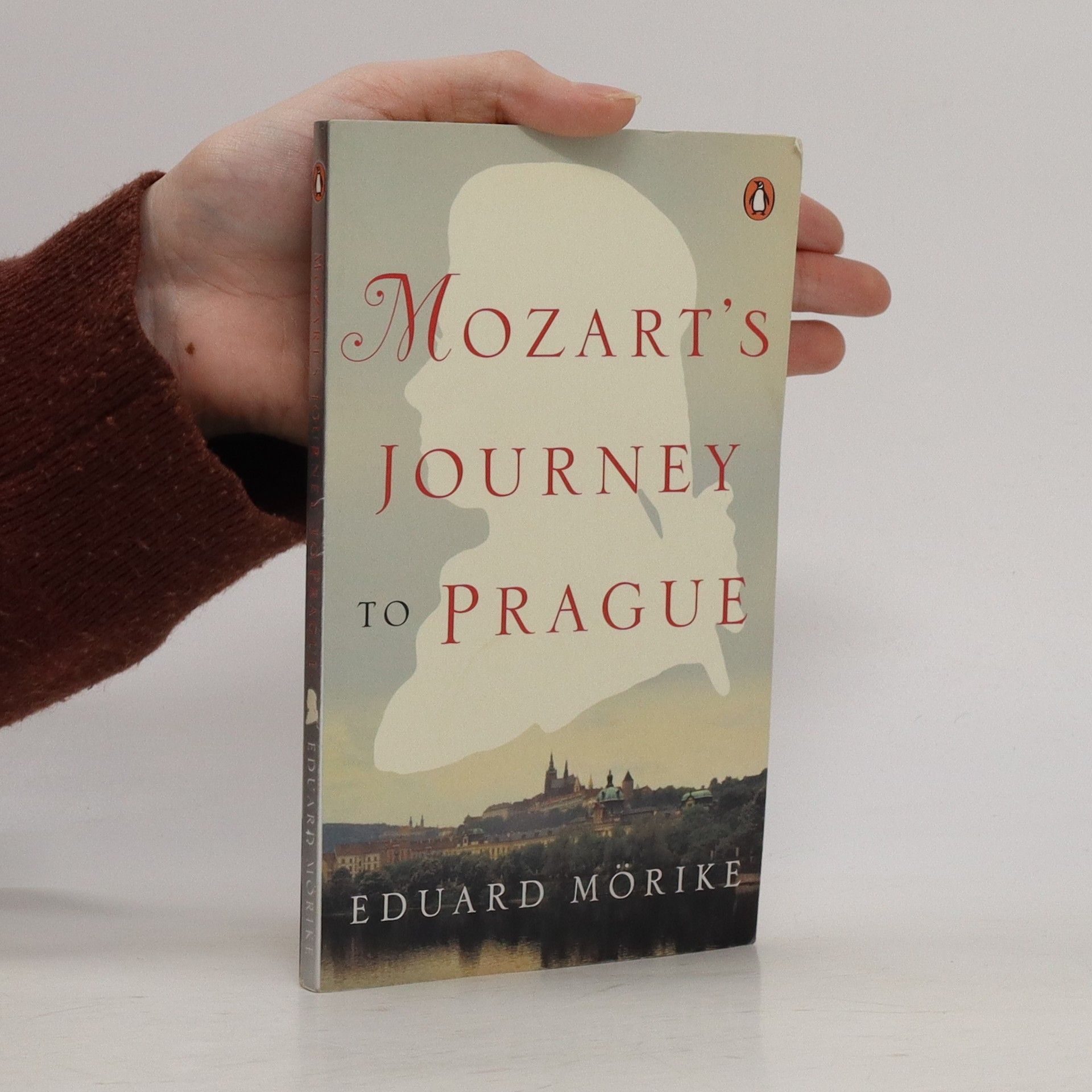

Mozart's journey to Prague
- 120pagine
- 5 ore di lettura
Making his way to Prague for the opening of Don Giovanni, Mozart playfully tries to steal an orange from a family garden but he is caught. Soon, he finds himself forgiven and welcomed by the family, and when they reveal it is their daughter's wedding, there can only be one guest of honour - Mozart himself.
Werke in einem Band
- 1052pagine
- 37 ore di lettura
"Zum 200. Geburtstag von Eduard Mörike seine wichtigsten Werke in einem Band. Mit Gedichten in der von ihm selbst besorgten Zusammenstellung von 1867, einer Auswahl der nachgelassenen Gedichte sowie der "Idylle vom Bodensee". Darüber hinaus enthält der Band den Roman "Maler Nolten", die "Wispeliaden", die berühmte Novelle "Mozart auf der Reise nach Prag" sowie weitere Märchen, Novellen und einzelne Schriften." --Publisher description.
Hundert Gedichte
- 179pagine
- 7 ore di lettura
Leinenausstattung, feine Typographie, kundige Auswahl: 100 Mörike-Gedichte zum 200. Geburtstag am 8.9.2004 Kein biedermeierlicher Idylliker, sondern ein Dichter, der sensibel auf die Umbrüche seiner Zeit reagiert - nach Goethe und neben Heine und Droste-Hülshoff ist Mörike der bedeutendste deutschsprachige Lyriker des 19. Jahrhunderts. Sein Werk ist von hoher Formkunst, neuen Themen und Ausdrucksweisen geprägt.
Die schönsten Gedichte
- 177pagine
- 7 ore di lettura
Neben 50 von Hesse ausgewählten Mörike-Gedichten dokumentiert dieser Band mit zahlreichen Illustrationen zu Leben und Werk des Dichters sowie einer großen Anzahl von Mörike-Zeichnungen auch die wichtigsten Äußerungen Hesses über Mörike.
Eduard Morike: Maler Nolten. Novelle in zwei Teilen Lesefreundlicher Grossdruck in 16-pt-Schrift Edition Holzinger. Grossformat, 216 x 279 mm Berliner Ausgabe, 2016 Durchgesehener Neusatz mit einer Biographie des Autors bearbeitet und eingerichtet von Michael Holzinger Erste Fassung des Romans. Entstanden 1828/30. Erstdruck: Stuttgart (Schweizbart's Verlagshandlung) 1832. (2 Bde.) Textgrundlage ist die Ausgabe: Eduard Morike: Samtliche Werke in zwei Banden. Mit einem Nachwort von Benno von Wiese sowie Anmerkungen, Zeittafel und Bibliographie von Helga Unger, Band 1, Munchen: Winkler, 1967. Herausgeber der Reihe: Michael Holzinger Reihengestaltung: Viktor Harvion Umschlaggestaltung unter Verwendung des Bildes: Jean-Baptiste-Camille Corot, Zigeunerin mit Mandoline, 1874 Gesetzt aus der Minion Pro, 16 pt. "
Eduard Morike: Der Schatz / Lucie Gelmeroth. Zwei Novellen Edition Holzinger. Taschenbuch Berliner Ausgabe, 2016, 4. Auflage Durchgesehener Neusatz mit einer Biographie des Autors bearbeitet und eingerichtet von Michael Holzinger Der Schatz: Erstdruck in: Jahrbuch schwabischer Dichter und Novellisten, hg. v. Eduard Morike und Wilhelm Zimmermann, Stuttgart (Balz'sche Buchhandlung) 1836. Hier in der Fassung von 1856. Lucie Gelmeroth: Erstdruck unter dem Titel Miss Jenny Harrower in: Urania. Taschenbuch auf das Jahre 1834, Leipzig (Brockhaus) 1834. Hier in der dritten Fassung von 1856. Textgrundlage ist die Ausgabe: Eduard Morike: Samtliche Werke in zwei Banden. Mit einem Nachwort von Benno von Wiese sowie Anmerkungen, Zeittafel und Bibliographie von Helga Unger, Band 1, Munchen: Winkler, 1967. Herausgeber der Reihe: Michael Holzinger Reihengestaltung: Viktor Harvion Umschlaggestaltung unter Verwendung des Bildes: Eduard Morike (Fotografie von Friedrich Brandseph in Stuttgart, 1864) Gesetzt aus der Minion Pro, 10 pt. "
Mörikes Beobachtungen und kunstvollen Formulierungen bereiten dem heutigen Leser Freude, sei es durch sein spezielles Verständnis für Tiere, die Komik seiner Mitmenschen oder die eigenständige Witzigkeit der Sprache, die sich von ihren Ursprüngen löst.
Von Goethe, der Romantik und dem Volkslied beeinflußt, fand Eduard Mörike (1804 –1875) in seinen Gedichten zu einem eigenen, unverwechselbaren Ton. Neben Strophen, die an antiken Metren geschult sind, stehen Balladen über mythische Gestalten und Elementargeister und scheinbar einfache, volksliedhaft anmutende Gedichte.
